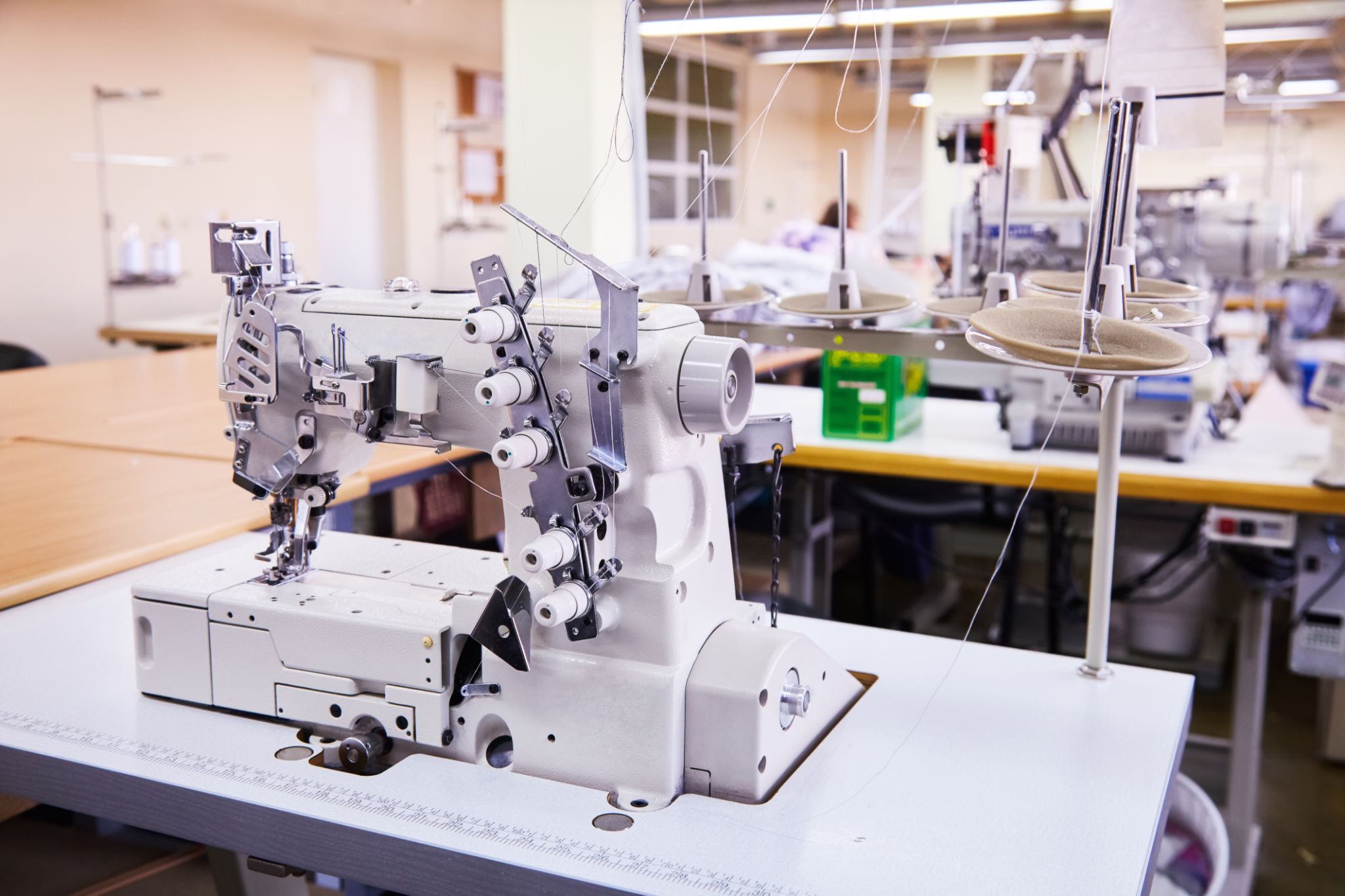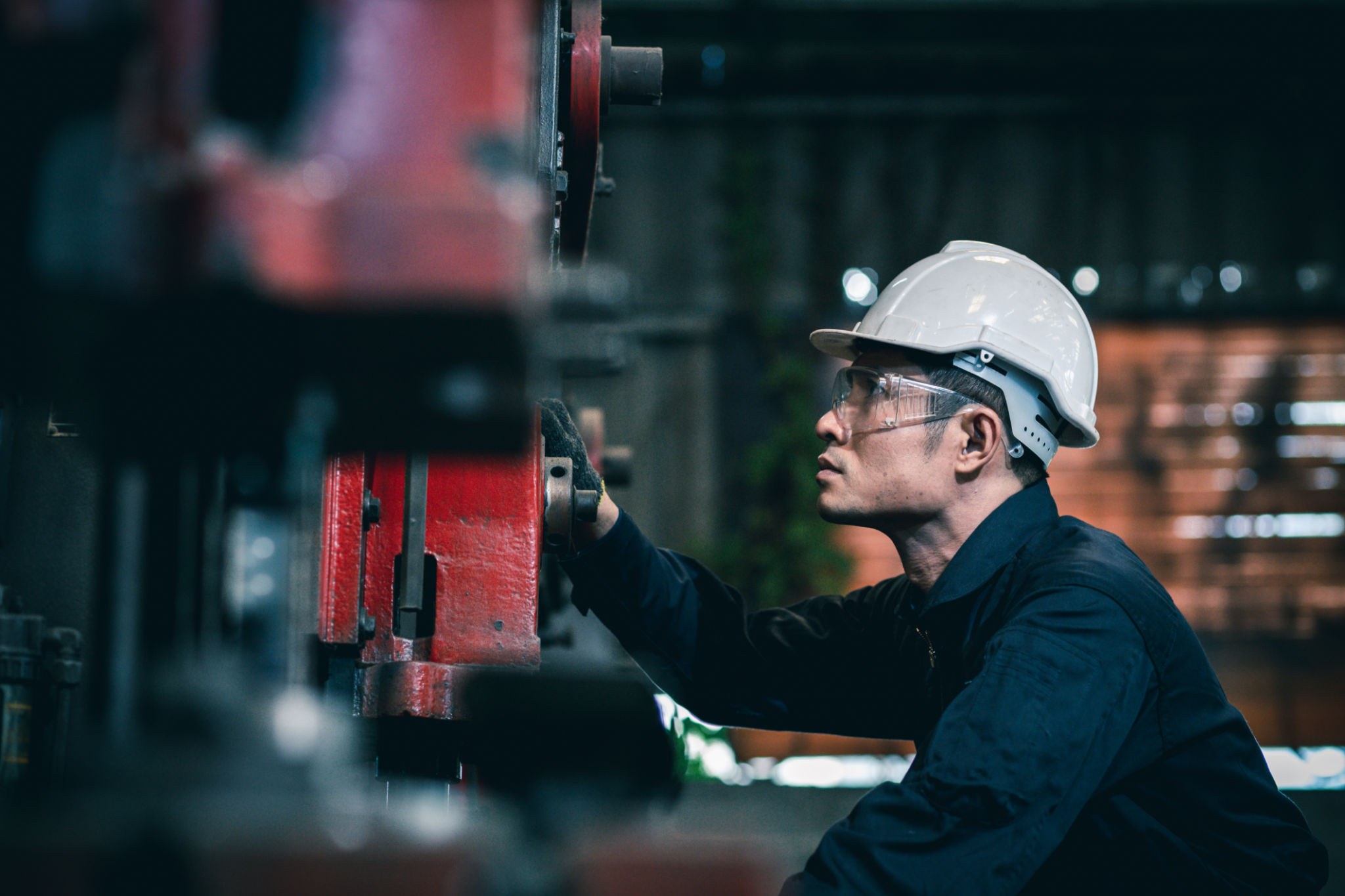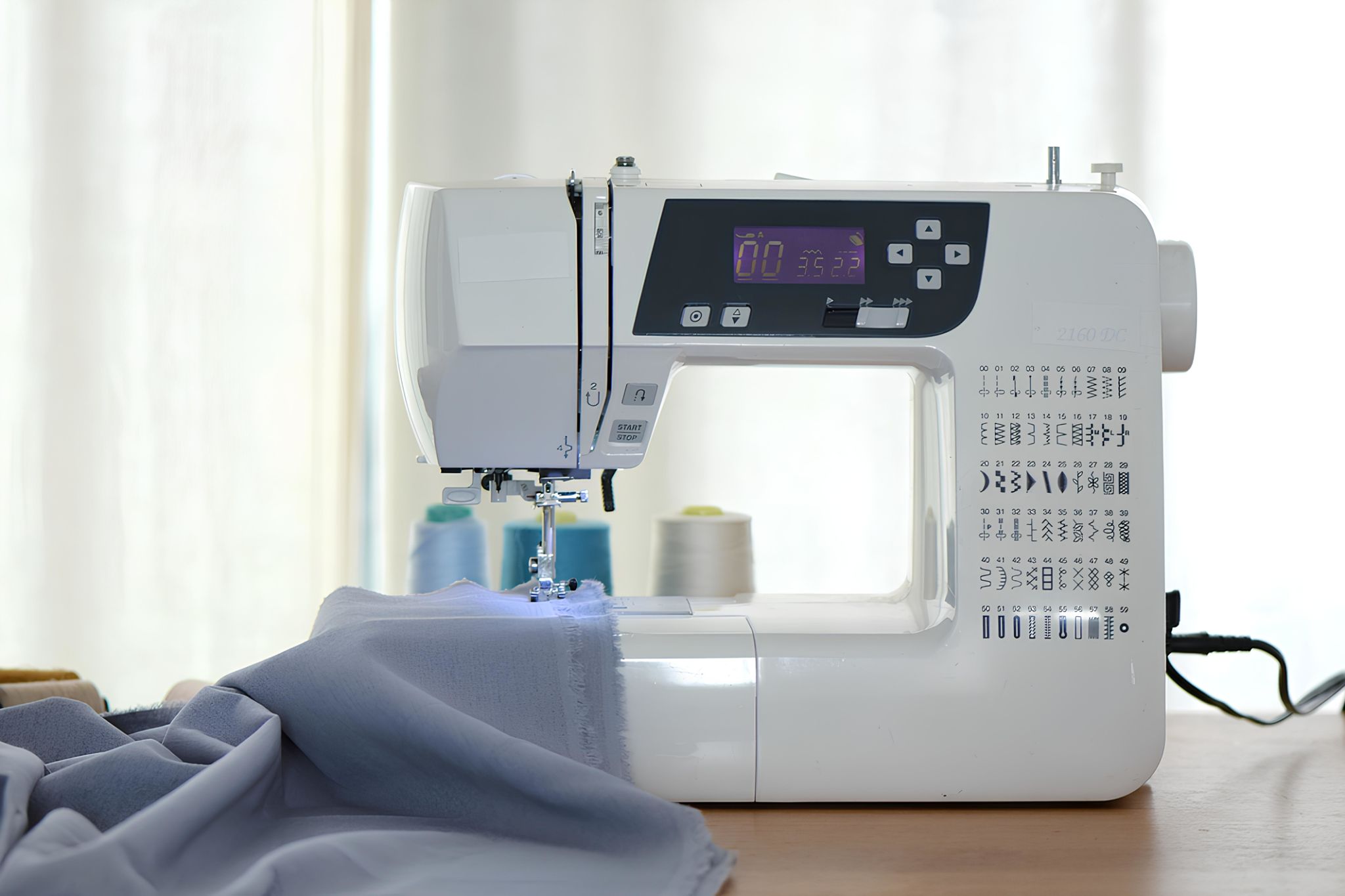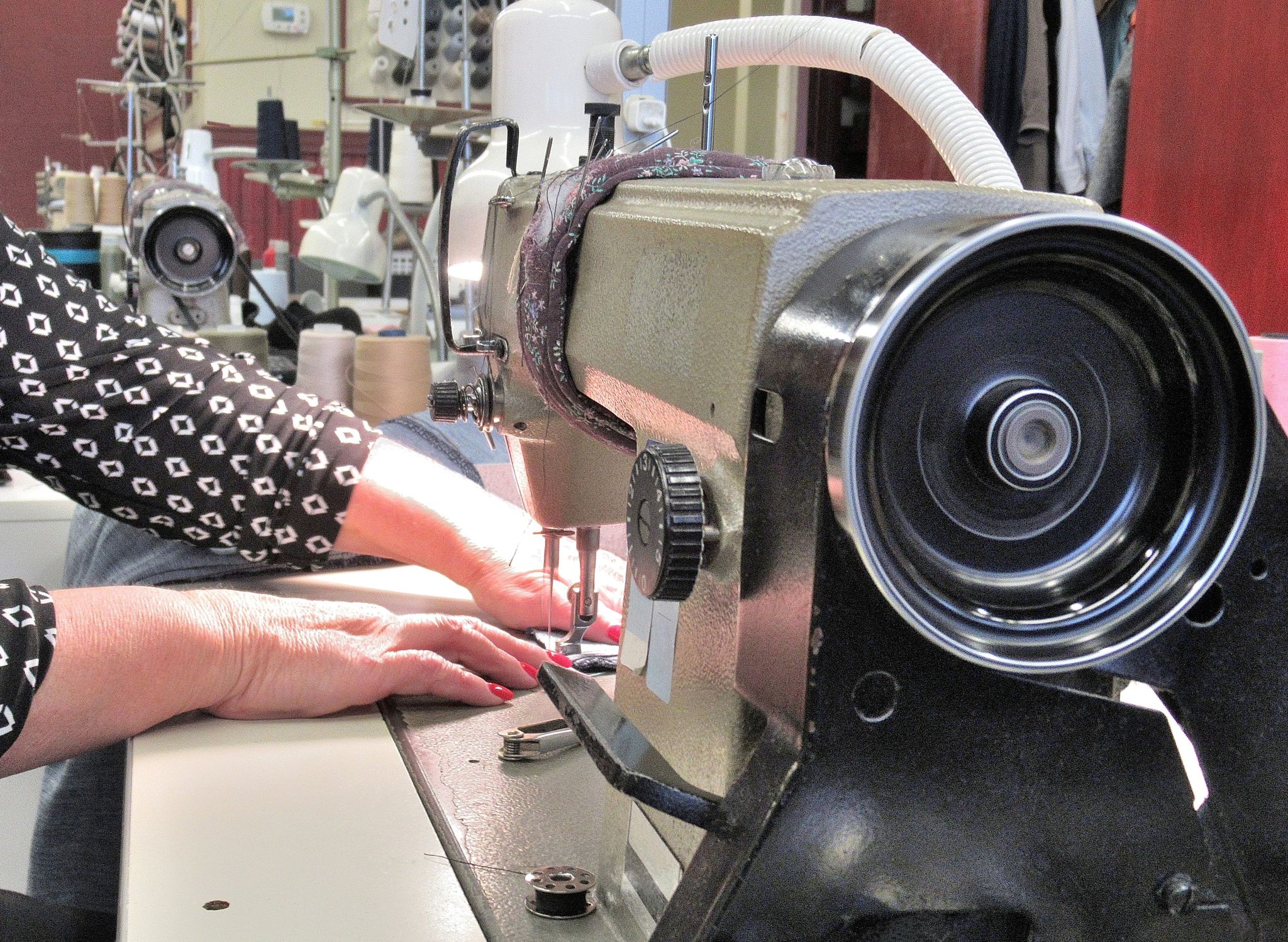The Ultimate Guide to Industrial Sewing Machine Repair: Keep Your Business Running Smoothly
Understanding Industrial Sewing Machines
Industrial sewing machines are the backbone of many manufacturing businesses. These machines are designed for heavy-duty sewing tasks, handling thicker fabrics and faster production speeds than regular home sewing machines. Due to their robust nature, keeping them in top condition is crucial for maintaining productivity and efficiency in your business operations.

Common Issues and How to Diagnose Them
Like any machinery, industrial sewing machines can face issues that disrupt workflow. Some common problems include tension inconsistencies, needle breakage, and thread bunching. Diagnosing these issues early on can save time and resources. Start by examining the tension settings and ensuring the machine is properly threaded. Regularly check for any signs of wear and tear on needles and other components.
Maintenance Practices to Extend Lifespan
Regular maintenance is key to extending the lifespan of your industrial sewing machine. Implement a routine that includes cleaning, oiling, and inspecting the machine for any loose or damaged parts. Clean the machine after each use to prevent dust and lint build-up, which can affect performance. Lubricate moving parts as recommended by the manufacturer to ensure smooth operation.

Essential Tools for Repair
Having the right tools at hand can make all the difference when it comes to repairing industrial sewing machines. Essential tools include screwdrivers, pliers, oilers, and a good quality wrench set. Additionally, having a spare parts inventory can help minimize downtime when a replacement is necessary.
Troubleshooting Tips for Smooth Operations
If you encounter an issue with your machine, there are a few troubleshooting tips that can help get things back on track. First, ensure that the machine is turned off and unplugged before conducting any repairs. Check the manual for troubleshooting advice specific to your model. For issues like skipped stitches or irregular sewing patterns, re-thread the machine and check the needle alignment.

When to Call a Professional
While many repairs can be handled in-house with the right tools and knowledge, there are times when calling a professional is necessary. If you encounter electrical issues or complex mechanical failures, it's best to consult with a certified technician. Regular professional servicing can also prevent major breakdowns by catching small issues early.
Keeping Spare Parts on Hand
One of the best ways to ensure minimal downtime is by keeping an inventory of spare parts. Commonly replaced items include needles, bobbins, belts, and light bulbs. Having these parts readily available allows for quick fixes, ensuring your business continues to run smoothly without long interruptions.
Conclusion: The Importance of Regular Care
Industrial sewing machines are an investment in your business’s productivity. Regular maintenance and timely repairs not only extend their lifespan but also improve efficiency and output quality. By understanding common issues, implementing regular maintenance practices, and knowing when to seek professional help, you can ensure your machines remain reliable assets to your operations.
